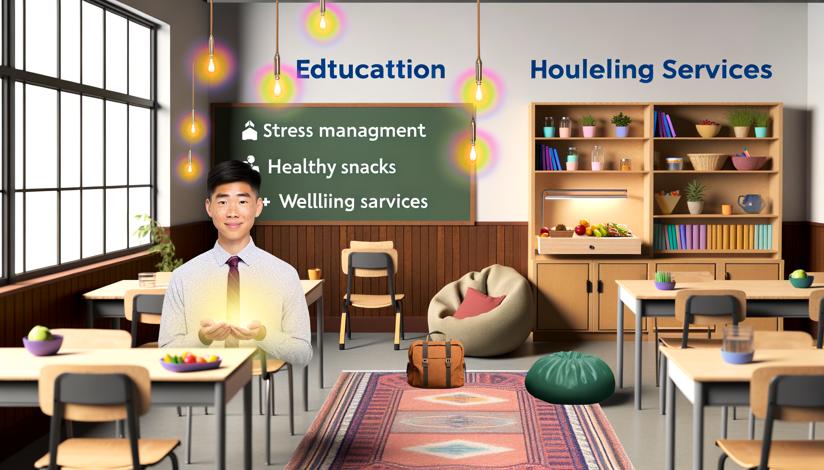

One of the key ways that parents can be involved in their child's education is by helping with homework. When parents take an interest in their child's assignments and provide assistance when needed, it sends a message to the child that their education is important. This support can help students stay motivated, improve their understanding of the material, and develop good study habits.
Another crucial aspect of parental involvement is open and regular communication with teachers. By maintaining a strong line of communication, parents can stay informed about their child's progress, strengths, and areas that may need improvement. This allows parents to address any challenges their child may be facing in a timely manner and work collaboratively with teachers to create a plan for success.
Creating a supportive learning environment at home is also vital for a child's educational journey. Parents can foster a love for learning by providing a quiet, designated study space, setting aside time for reading, and engaging in educational activities together. When parents show enthusiasm for learning, it naturally rubs off on their children, creating a positive and encouraging environment.
The benefits of parental involvement in K-12 education are numerous. Students who have involved parents tend to earn higher grades, have better attendance records, and are more likely to go on to higher education. Additionally, they are more likely to have positive attitudes towards school, have better behavior, and develop strong social skills.
In summary, parental involvement is crucial in K-12 education. By helping with homework, communicating with teachers, and creating supportive learning environments, parents can have a profound impact on their child's academic success and overall development. When parents are actively involved, students thrive.
It's important to note that parental involvement looks different for every family, and there is no one-size-fits-all approach. What matters most is that parents are engaged and supportive of their child's education.
The role of parents in education cannot be underestimated, and their involvement is vital for the success of K-12 students. We encourage all parents to take an active role in their child's education and reap the rewards that come with it.

Improved academic performance
Enhanced self-esteem
Better social skills

Time commitment
Conflicting responsibilities
Different learning styles




















-
https://www.parenttoolkit.com/academics/news/general-parenting/importance-of-parental-involvement-in-education
-
https://www.edutopia.org/article/why-parent-teacher-partnerships-matter
-
https://www.ncbi.nlm.nih.gov/pmc/articles/PMC6172694/






































